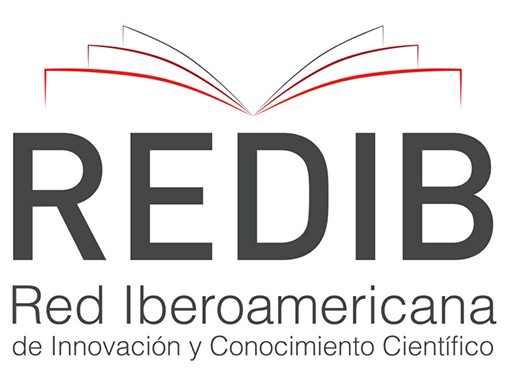About the Journal
Focus and Scope
The Journal Veterinary Medicine and Animal Science, from School of Veterinary Medicine and Animal Science, UNESP, Botucatu, publishes original scientific and review papers, case reports and short communications related to Veterinary Medicine and Animal Science. The journal is open to national and/or foreign contributions (in English or Spanish) under the author´s full responsibility. Veterinária e Zootecnia does not charge any type of submission or publication fee from authors.
Mission
Our mission is to publish original scientific articles, reviews, case reports and short communications, in Portuguese, Spanish or English, relevant to scientific advancement in the areas of Veterinary Medicine and Animal Science, on different topics involving the areas of life sciences; microbiology, parasitology, immunology, among others.
Periodicity. In 2019, the Journal Veterinária e Zootecnia became an exclusively continuous and annual publication, with the edition of volume 26.
Peer review process
Publication is conditioned to preliminary evaluation by the president of the editorial board, that analyses the merit and formal aspects of the work, according to the category of submitted paper and established editorial rules. If adequate, the article is subjected to review by two experts in the field. Opinion of reviewers are kept undisclosed. There are no possibility of identification of authors and reviewers. The articles not accepted will be returned to the authors.
Free Access Policy
This Journal offers immediate free access to its content, following the principle that making scientific knowledge freely available to the public provides greater worldwide democratization of knowledge.
Ethics and malpractice in the scientific literature
Considering that publication malpractice is widespread in all literature areas and publication ethics should be considered, the Journal “Veterinaria e Zootecnia” adopts practices to detect and avoid this concern. Malpractice may range from small transgression to willful fraud and reduces the reliability of the scientific literature. Prevention of publication malpractice is an author’s responsibility while submitting a manuscript to a scientific journal, and it is the editor’s decision if the manuscript will be published after a peer review process, based on the Code of Conduct and Best-Practice Guidelines for Journal Editors (Committee on Publication Ethics, 2011).
Besides assuming a confidential agreement, reviewers must send their reviews as promptly as possible. Any selected referee who feels unqualified to review the designated manuscript or cannot meet the deadline must notify the editor and withdraw the review process. All received manuscripts must be considered confidential documents, being prohibited to disclose or discuss them with others. Reviewers should be conducted objectively, avoid personal criticism of the author, and express their views clearly with supporting arguments.
In cases of substantial similarity or overlap between the manuscript under consideration and any other published paper, the reviewer must notify the editor. Besides the reviewer alert regarding this matter, the editor also uses the Turnitin tool to detect similarity and plagiarism.
The reviewers must dismiss the reviewing process of manuscripts when there is a conflict of interest as competition, collaborations, personal relationships, family ties, or connections with any of the authors, companies, or institutions associated with the study.
Regarding the author’s duties, they must present accurate study data, detailed materials, and methods, besides an objective discussion. The manuscript must contain sufficient details and references to permit others to replicate the work. Fraudulent or knowingly inaccurate statements constitute unethical behavior. Editorial review can demand raw data from the authors, regarding the submitted manuscript for a better evaluation.












